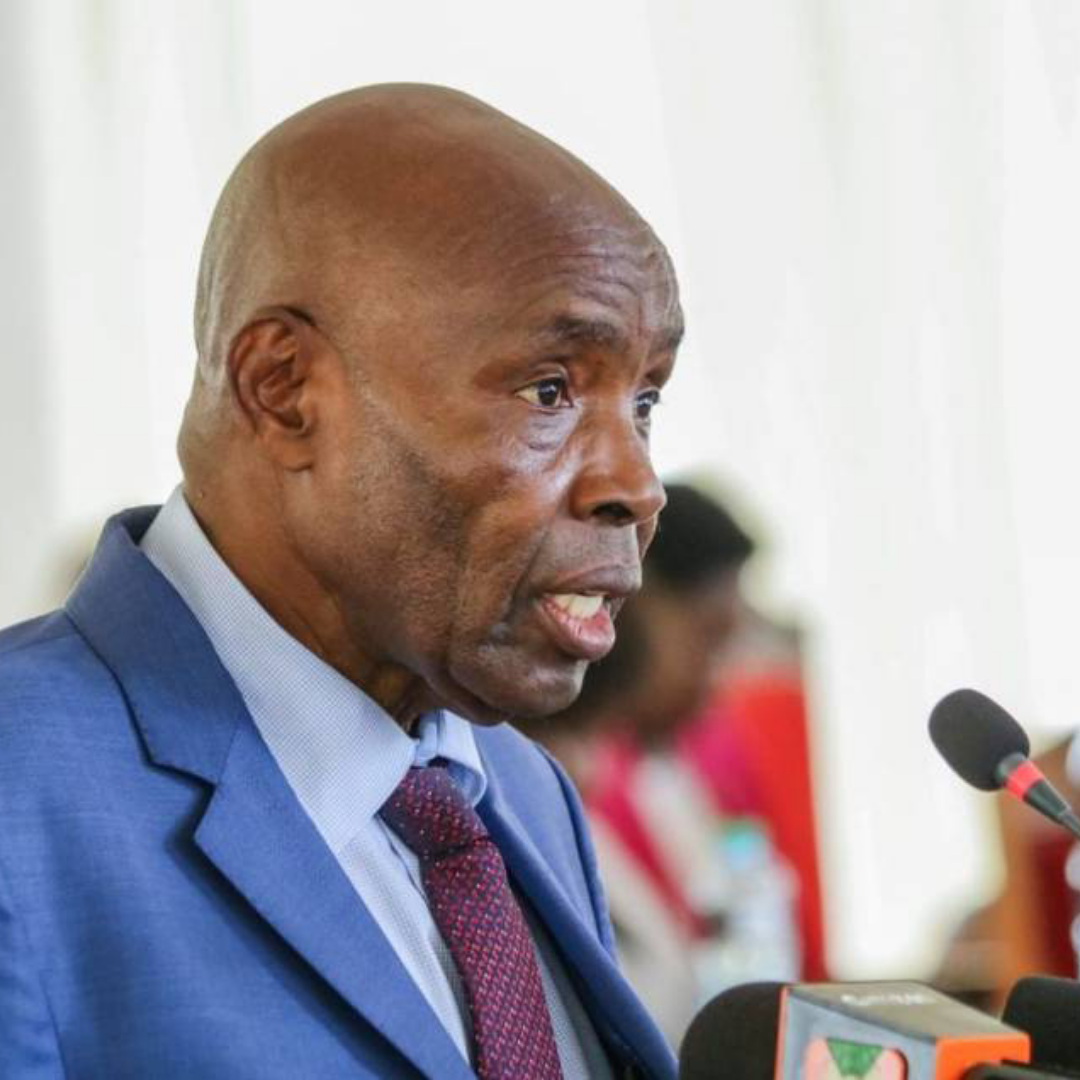
David Ndii’s Dire Warnings: Kenya’s Economic Challenges and Debt Crisis

David Ndii, who serves as the chairman of President William Ruto’s Council of Economic Advisors, has openly expressed his desire for an electoral loss, believing that this might lead to Azimio taking charge of the nation’s predicament. In his analysis, he stated that the former President, Uhuru Kenyatta, chose to deplete foreign exchange reserves, failing to address the pressing debt crisis.
Ndii’s predictions of an impending economic turmoil for the country were articulated through a series of tweets and responses on his official platform. He urged Kenyans to brace themselves for the worst as impending loan maturities loom large. The sharp depreciation of the Kenyan shilling against the US dollar, he argued, further exacerbates the situation.
Ndii cautioned that unless the United States eases its interest rates to allow for the reopening of markets in favor of emerging economies, the nation’s fate remains uncertain. In sum, he suggested that the nation is left with little more than hope and prayers in the face of these daunting economic challenges.
When discussing the imminent debt obligations of the upcoming year, Ndii highlighted the precarious financial legacy left by Uhuru. He reflected on the staggering one trillion in domestic debt redemptions expected in 2023 and remarked on the nation’s miraculous avoidance of default.
Additionally, the burden of foreign debt redemptions is set to double in 2024. Responding to a claim by @murigimuraya that Uhuru had successfully maintained investor confidence during his second term, Ndii contended that Kenya’s financial stability teetered on the brink.
He referred to the nation’s currency depreciating to 150 Kenyan Shillings against one US dollar. @murigimuraya conceded that between 2013 and 2017, Uhuru had instrumentalized the Ethics and Anti-Corruption Commission while also accumulating more debt.
Uhuru did nothing of the sort. He burned our forex reserves propping up both the shilling and interest rates artificially, and now we become the falls guys for biting bullet. You don’t know how often I wish we lost the election to see the dynasty brothers wading in their sh*t https://t.co/j2VgRoYWKw pic.twitter.com/VOKlKv7UrF
— David Ndii (@DavidNdii) October 29, 2023
However, according to Ndii, President Uhuru’s strategy involved depleting foreign exchange reserves in a bid to artificially bolster both the Kenyan shilling and interest rates. He expressed a sense of resignation, lamenting that they now find themselves shouldering the burden for these actions. He openly admitted that he often wishes they had lost the election, allowing the so-called dynasty brothers to grapple with the consequences of their decisions.
Kenya’s debt crisis has reached unprecedented heights, despite President Ruto’s promises to curb the nation’s insatiable appetite for borrowing, as reported by Treasury figures. The total public debt soared by a staggering 1.56 trillion Kenyan shillings in the financial year ending on June 30, exceeding the prescribed debt ceiling of 10 trillion Kenyan shillings.
The Treasury, in an August statement, attributed the surge in public debt to external loan disbursements, fluctuations in exchange rates, and the acquisition of domestic and foreign debt. The costs of repaying these loans, particularly those owed to China, have skyrocketed as the local currency experiences historic lows. For the year ending in June, the debt servicing cost amounted to 391 billion Kenyan shillings, with the lion’s share, 107 billion Kenyan shillings, directed toward China.
In June, Members of Parliament voted to change the debt ceiling, shifting it from a fixed shilling amount to a proportion of the country’s gross domestic product (GDP).









